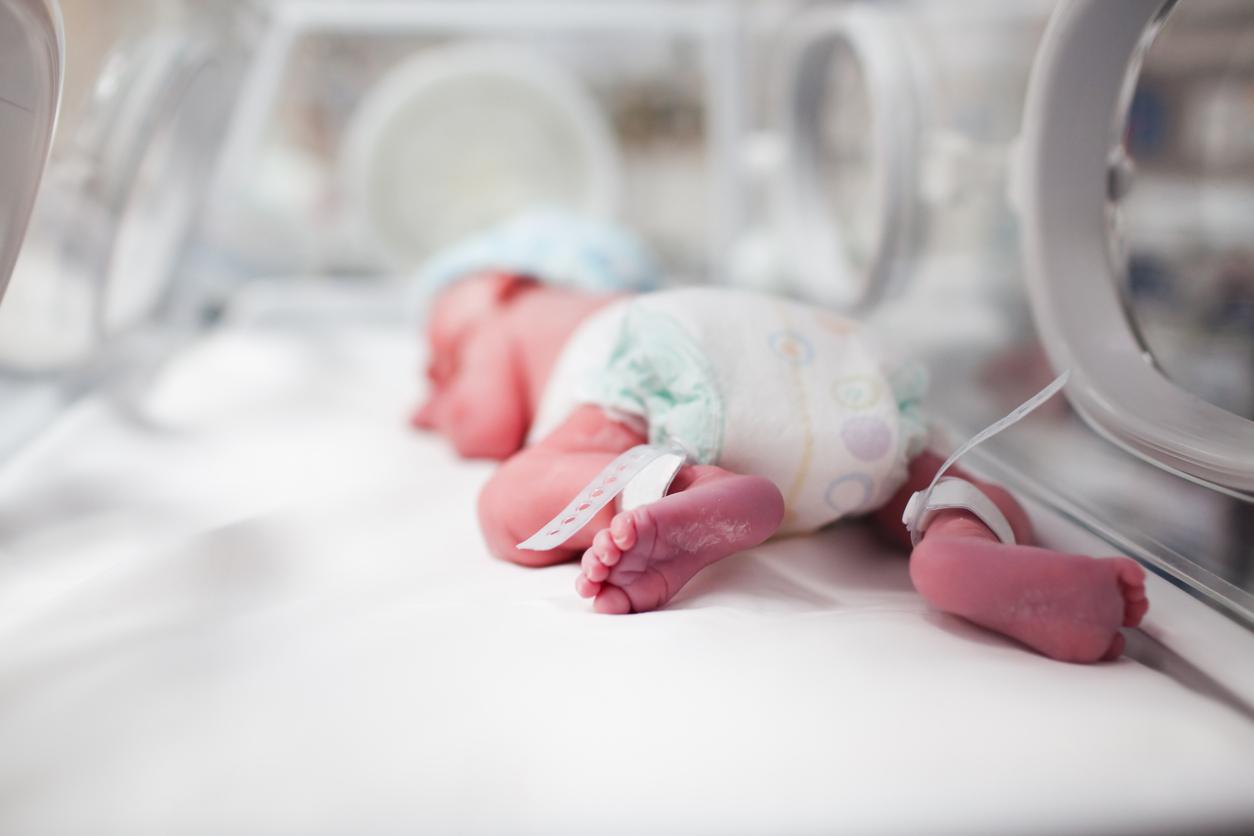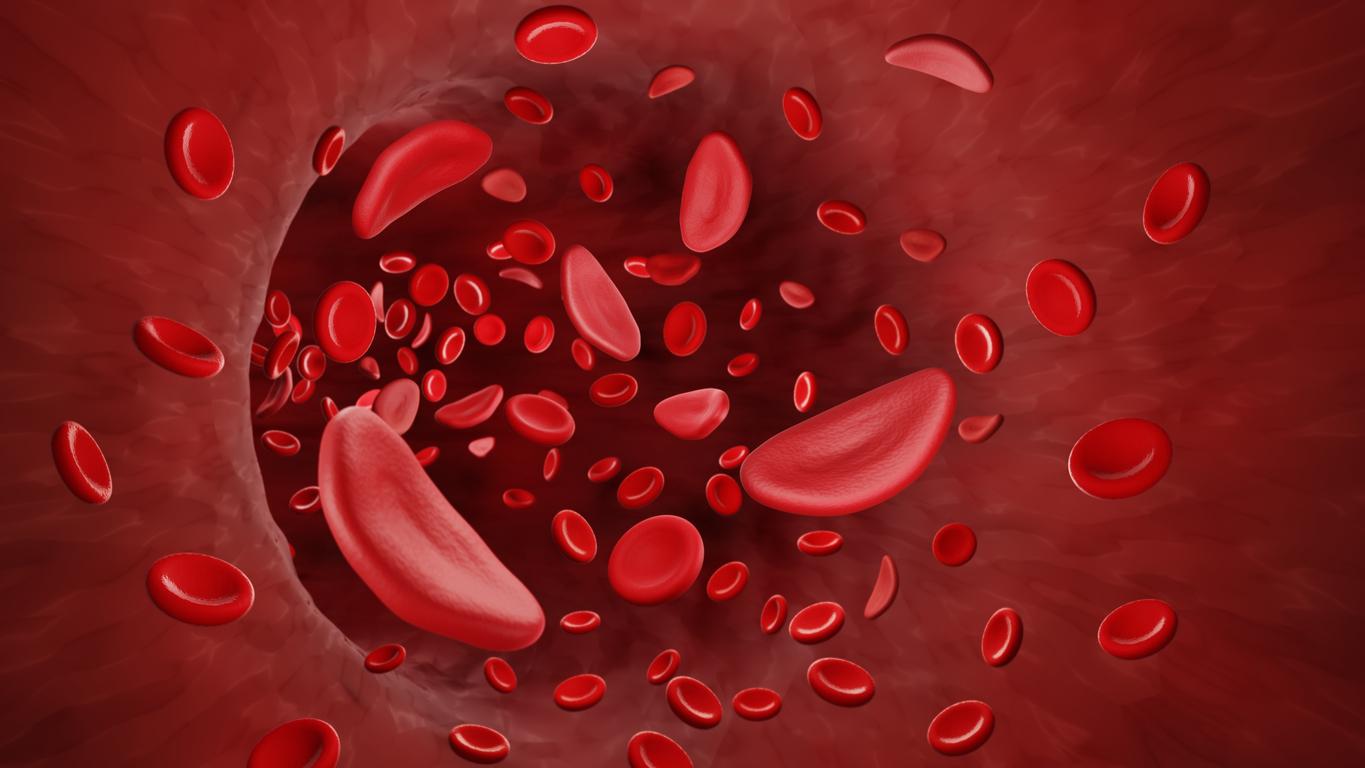A man who had several brothers would be more likely to have sons. If he had multiple sisters, he would be more likely to have daughters, according to a new study of thousands of families.

If you want to know the gender of your future child, look at the father’s family tree instead. This is suggested by a new study conducted by the University of Newcastle (United Kingdom) among thousands of families. In all, 927 family trees were analyzed. They included data from 556,387 people from North America and Europe, dating back to the year 1600. According to Corry Gellatly, lead author of the study, men inherit a tendency to have more sons or daughters. A man with multiple brothers is more likely to have sons, while a man with multiple sisters is more likely to have daughters. “However, in women, you cannot predict it”, advances the researcher. The results of this work are published in the journal Evolutionary Biology.
A history of chromosomes
Until now, we knew that men determined the sex of the future baby according to the chromosome, X or Y, included in their sperm. An X chromosome that combines with the mother’s X chromosome will result in a girl (XX), and a Y chromosome that combines with the mother’s X chromosome will result in a boy (XY). For researchers at the University of Newcastle, there is a gene that has not yet been identified, which can influence the number of X or Y chromosomes, including in the sperm, and therefore the sex of the future child.
Several possible combinations
A gene is made up of two parts, called alleles. Each part is inherited from one of the two parents. In his study, Corry Gellatly hypothesizes that men can carry two different types of alleles. This would therefore mean that three combinations are possible for a gene. Males with the first combination (named mm) produce more Y chromosomes and have more sons. Males with the second combination (mf) produce approximately the same number of sons and daughters. The third (ff) produce more X chromosomes and therefore have more daughters.
The key to population balance?
“This gene passed down from both parents, which causes some males to have more sons and some more daughters, may explain why we see roughly balanced numbers of males and females in a population. If there are too many men in the population for example, women will find a mate more easily, so men who have more daughters will pass on more of their genes, resulting in more women being born in future generations. ”details Corry Gellatly.
The example of war
This theory could explain, according to the author of the study, the fact that the number of boys suddenly increased in the countries which participated in the two world wars. Indeed, men who had more sons were more likely to see one of them return alive from the front. These survivors, who had inherited the gene from their father, could therefore subsequently give birth to more boys. Conversely, those who had more daughters risked losing their only son and with it the gene to give birth to more daughters.
.

















